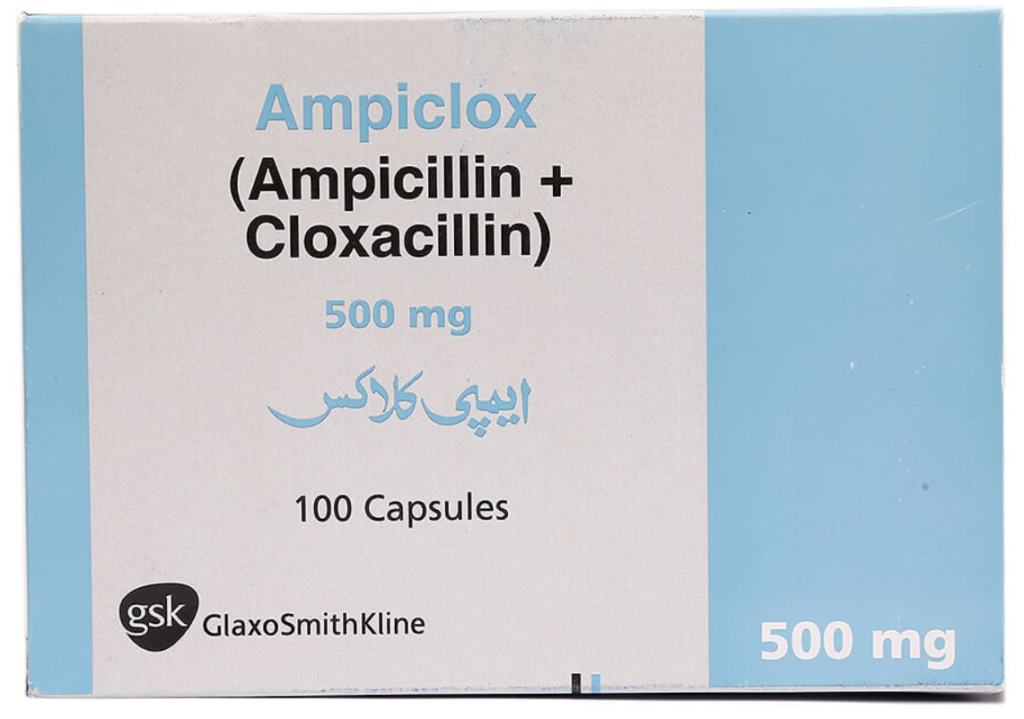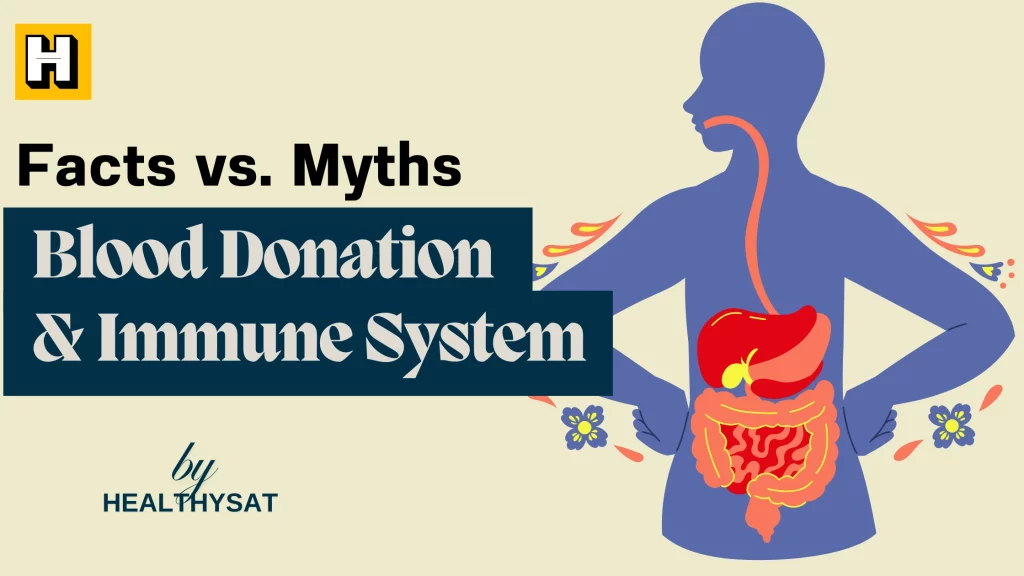Ampiclox is a commonly used antibiotic that is prescribed to treat bacterial infections. It contains active ingredients, ampicillin, and cloxacillin, which work together to kill bacteria. However, there is a lot of confusion and misinformation surrounding using ampiclox during pregnancy.
Some people believe that it can cause harm to the developing fetus, while others believe it is safe to use. In this article, we will examine the evidence and answer the question: can ampiclox destroy pregnancy?
Understanding Ampiclox:
Ampiclox is a penicillin antibiotic used to treat many bacterial infections, including pneumonia, tonsillitis, and urinary tract infections. It works by interfering with the bacteria’s ability to form cell walls, which makes them unable to multiply and survive.
The two active ingredients in Anilox, ampicillin and cloxacillin, belong to the penicillin family of antibiotics. Penicillin antibiotics are generally considered safe during pregnancy and are often prescribed to treat infections in pregnant women.
Can Ampiclox Destroy Pregnancy?
There is no evidence to suggest that ampiclox can destroy pregnancy. However, like all medications, they should be cautiously used during pregnancy. Some studies have suggested that ampicillin and other penicillin antibiotics may increase the risk of congenital disabilities during the first trimester of pregnancy.
One study found a slight increase in the risk of heart defects in infants whose mothers had taken penicillin antibiotics during the first trimester of pregnancy. However, the overall risk was still shallow, and the study did not prove that the antibiotics caused congenital disabilities.
Another study found no increase in the risk of congenital disabilities in infants whose mothers had taken ampicillin during pregnancy. The study concluded that ampicillin was not associated with an increased risk of congenital disabilities.
- Benefits of Wonderful Kola: A Comprehensive Guide
- How Much Is IVF in Nigeria: Understanding the Cost of IVF Treatment
- Vitamins for Bigger Buttocks and Hips in Nigeria
- Poor Oral Hygiene: Causes, Effects, and Treatment
- Malaria and Typhoid Symptoms: Understanding the Differences and Similarities
Overall, the evidence suggests that ampiclox is unlikely to cause harm to the developing fetus when used during pregnancy. However, as with all medications, they should be used cautiously and only when necessary.
Safe Use of Ampiclox During Pregnancy:
If your doctor has prescribed ampiclox during your pregnancy, it is essential to take it as directed. Please only take the recommended dose or use it as long as prescribed.
It is also important to tell your doctor if you have any allergies or if you have had any previous reactions to antibiotics. Your doctor may need to adjust the dose or prescribe a different antibiotic if you are allergic to ampiclox.
In addition, if you experience any side effects while taking ampiclox , such as a rash, fever, or difficulty breathing, you should contact your doctor immediately. These may be signs of an allergic reaction and could be dangerous for you and your baby.
FAQs:
Is ampiclox safe during the first trimester of pregnancy?
While some studies have suggested that penicillin antibiotics may increase the risk of congenital disabilities during the first trimester of pregnancy, the overall risk is still shallow. However, suppose your doctor has prescribed ampiclox during your first trimester. It is essential to take it as directed and let your doctor know if you experience any side effects.
Can ampiclox cause miscarriage?
There is no evidence to suggest that ampiclox can cause miscarriage. However, as with all medications, they should be used cautiously during pregnancy and only when necessary.
Can ampiclox be used to treat infections during breastfeeding?
Yes, ampiclox can be used to treat infections during breastfeeding. However, consulting with your doctor before taking any breastfeeding medication is essential. Your doctor can advise you on the appropriate dose and any potential risks to your baby.
Can ampiclox be used to treat urinary tract infections during pregnancy?
Yes, Anilox can treat urinary tract infections during pregnancy. However, taking it as directed is important; it is essential to let your doctor know if you experience any side effects.
Can ampiclox be used to treat pneumonia during pregnancy?
Yes, ampiclox can be used to treat pneumonia during pregnancy. However, taking it as directed is important; it is essential to let your doctor know if you experience any side effects.
Q: Is it safe to use ampiclox for an extended period? A: Using an ampiclox for an extended period is generally not recommended. Your doctor will prescribe the appropriate length of treatment based on your condition. However, taking Ampiclox as directed is essential, and letting your doctor know if you experience any side effects is necessary.
Can ampiclox be used to treat viral infections?
No, Anilox is ineffective against viral infections like the common cold or flu. It is only effective against bacterial infections.
Can ampiclox interact with other medications?
Anilox can interact with other medications, such as oral contraceptives and blood thinners. Therefore, telling your doctor about any other medications you are taking before starting treatment with ampiclox is essential.
Can ampiclox treat sexually transmitted infections (STIs)?
Yes, ampiclox can treat some STIs, such as chlamydia and gonorrhea. However, it is essential to consult your doctor to determine the appropriate treatment.
Is ampiclox available over the counter?
No, ampiclox is a prescription-only medication; you will need a prescription from a licensed healthcare provider to obtain it.
Can ampiclox be used to treat children?
Yes, Anilox can treat bacterial infections in children. However, the appropriate dose and length of treatment will depend on the child’s age and weight. Therefore, it is essential to consult with a pediatrician before giving ampiclox to a child.
Conclusion:
In conclusion, no evidence suggests that ampiclox can destroy pregnancy. While some studies have suggested that penicillin antibiotics may increase the risk of congenital disabilities, the overall risk is shallow. Nevertheless, if your doctor has prescribed ampiclox during your pregnancy, it is essential to take it as directed and to let your doctor know if you experience any side effects.







